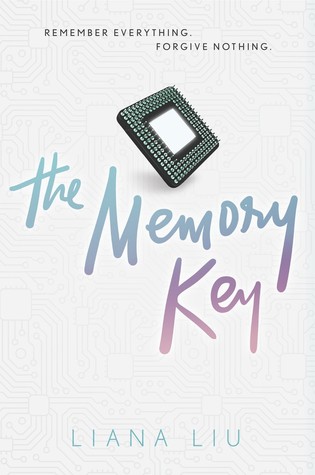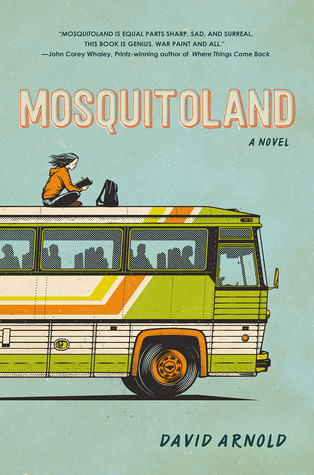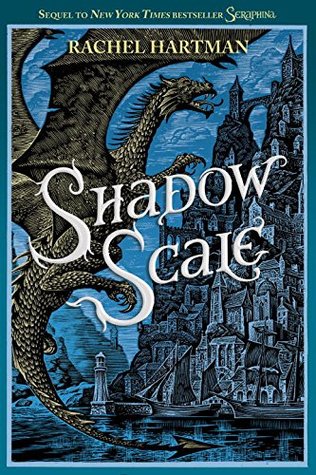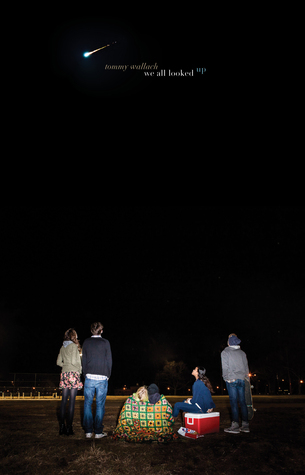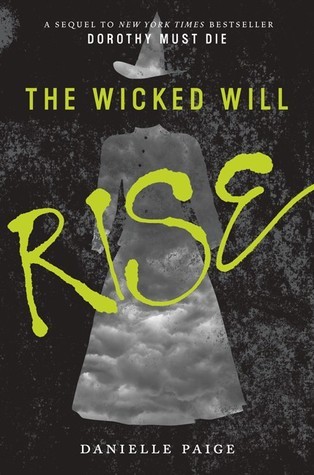The grief is more than
she can handle, so she finds escape at the bottom of a bottle of painkillers. Taking the pills makes
her brother alive again, if only in her head. Seeing and talking to her brother as if he were still
alive is the only thing that keeps her going. Until Logan King moves to town.
Logan sees past the
mask of pristine popularity she wears in public and he’s the only one who can tell she hasn’t
moved on. His uncanny ability to read her forces her to open up and she starts to fall for him, no
matter how unwilling she is to admit it. But Emmy isn’t the only one keeping secrets and when
a close brush with death sparks events that bring everything to light, Emmy will have to decide
what’s more important: learning how to forgive and move on, or holding onto the pills and the
ghost of her past.
Over the past year, I developed a system. It took some trial and error, but eventually I got it
down to a science. I knew exactly how many to take and at what time to maintain the constant
calm the pills gave me without any side effects. I took a pill right before school at eight, a pill
after lunch at one, one after practice around six, and one before bed. I never take them too close
to practice, not wanting to get groggy or slow. Someone would notice that.
I didn’t have to turn around to know Derek had a scowl on his face. I sat on the bench next to
him. He crossed his arms over his chest, a frown creasing his brow into a wrinkly mess. “This
isn’t healthy.”
“Neither is talking to your dead sibling, but you don’t have a problem with that.”
The wrinkles in his face deepened. I walked to the shed. He was leaning against the wall of the
shed when I opened it and pulled out a rake. “It’s not the same and you know it.”
“We’ve had this argument a dozen times. What’s the point? You know what’ll happen if I try to
stop taking them. Just drop it.” The pills brought him to me and they kept him there. If I stopped
taking them, he disappeared. That wasn’t happening. “What’s the big deal anyway? I have
perfect attendance at school, perfect grades, and I’m better than ever at softball. It’s not like I’m
some freaking junky or something. They aren’t hurting me. They’re helping.”
When I walked back onto the field, he was waiting for me. The metal rake made a harsh
scratching sound against the small stones in the dirt as I removed all signs of grooves and cleat
marks from the field.
The hard set of his jaw told me he wanted to continue the argument, but he changed the topic
instead. “You made some great plays today.”
“Thanks.” I paused in my work, something nagging at my brain. It had been bothering me all
day. “I’m afraid to tell Dad about the photo class.”
“Then don’t tell him.”
“He’s going to find out eventually. It’ll be worse if it’s not from me.” I knew there was nothing
I could do about taking it, but that wouldn’t stop Dad from being angry. He’d see it as a waste of
time.
“True.”
I continued working away at the field. When I had removed every divot, I dragged the rake back
into the shed and locked it up. “I still can’t believe I have class with Zane.” I pulled off my cleats
and stashed them in my bag, slipping on my sandals. We walked to my car and I made sure to
chain up the gate of the four-field complex.
“Maybe if you gave photography a chance, you’d enjoy it. Even with Zane.”
I threw my bag in the trunk and slumped into the driver’s seat. He already sat situated next to
me. “Maybe. We’ll see.”
The drive home was silent. I didn’t feel like talking at the moment. I just wanted him around. He
always seemed to sense when I was in that kind of mood.
My stomach growled so I stopped and got a sandwich from the local sub shop. He stayed in the
car.
When we got home, I pulled my car into the empty garage. He stared at the deserted driveway.
His voice grew sad. “I wish Mom spent more time at home instead of spending every hour she’s
not working at the shelter. Then maybe Dad wouldn’t spent most nights at the office. And you
wouldn’t take those pills.”
Mom was the queen of volunteering. She helped at the local Women’s shelter, the soup kitchen,
suicide hotline, and even the animal shelter. She knew how to help everybody but her own
daughter. She used to organize some charity events when I was younger, but since Derek died,
Mom had turned volunteering into an obsession. She was always planning some sort of charity
auction or walk or something. Dad worked ninety hours a week.
In the weeks following Derek’s death, I kept telling myself they needed time. That they lost their
son, that they were hurting as much as I was and eventually things would get better. Only weeks
turned into months and months into a year. Now whenever I wonder if they’re okay, if they’ll
ever be the same as before, the empathy is quickly masked by anger and resentment. Derek was
gone, but I was here and they abandoned me. I was practically invisible. To them, I might as well
have been dead too. “Even if she was home more, Dad would still be a workaholic, and I would
still take them. Because you’d still be gone.”
He didn’t respond.






















